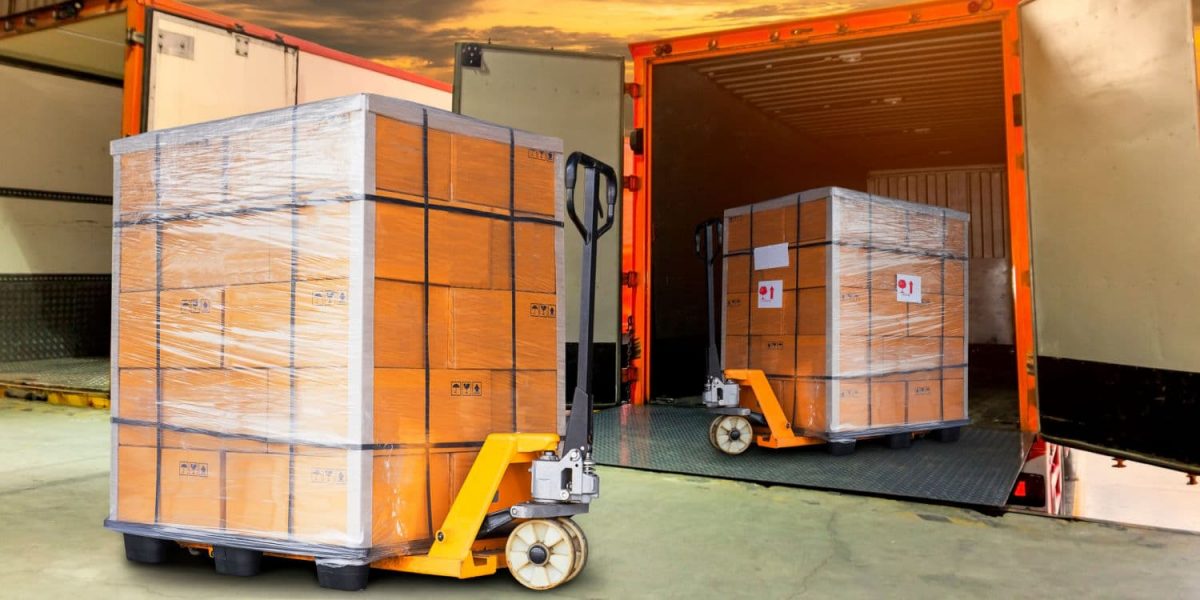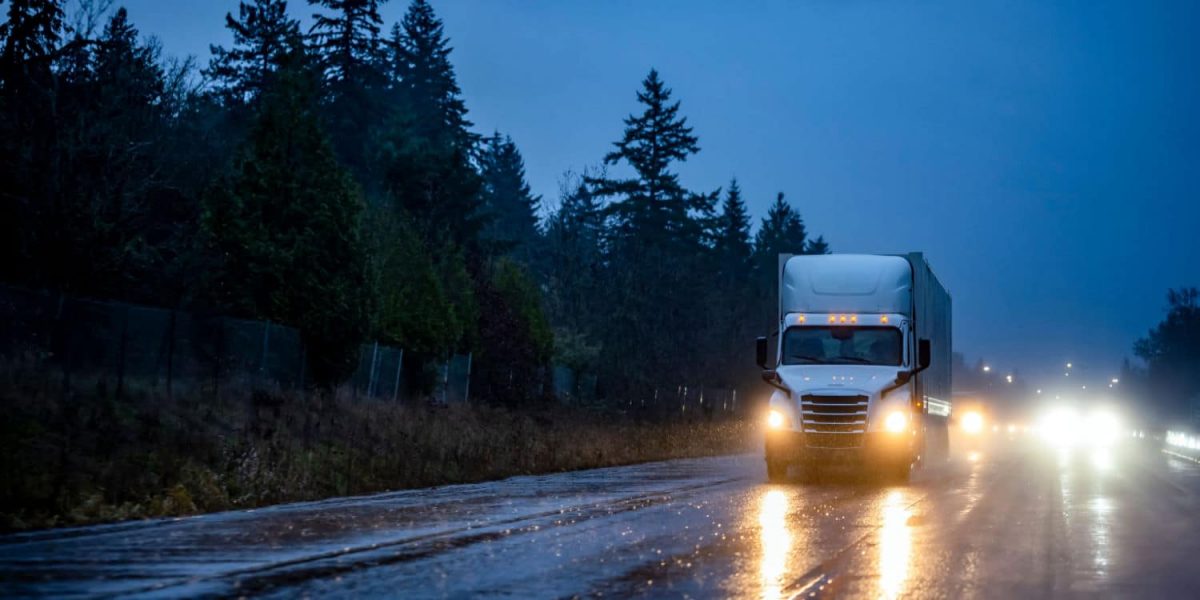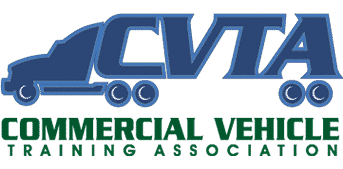When you start a new career as diverse and complex as trucking, you will likely have many questions, such as which type of freight you should haul. The main freight classifications are dry van, refrigerated, flatbed, liquid tanker, dry bulk tanker, and doubles/triples, and some are more new driver-friendly than others.
Below are some of the best types of freight for those just starting in the trucking industry:
Dry Van
General freight trucking, also known as dry vans or box trailers, is the most common type of cargo transportation in the United States, making it an ideal choice for a first-time driver. Box trailers are enclosed vehicles that haul inventory like clothing, non-perishable food, and household goods for some of the largest corporations in the US.
The learning curve with dry van jobs is less demanding than with other freight because you don’t have to worry about securing your load, and loading and unloading require little or no physical effort from the driver. Hauling freight for a dry van company is also ideal for new drivers because these trucking companies tend to offer more home time.
Refrigerated Freight
Many rookies also begin hauling refrigerated freight because it is very similar to dry van cargo, the only major difference being that the goods are temperature controlled. These semi-trucks keep items like fruit, frozen goods, and pharmaceuticals insulated despite the weather.
Like general freight trucking, refrigerated freight requires minimal physical effort, allowing you to focus on your basic driving skills. It also doesn’t require any specialized training. Another perk of refrigerated carriers is that they typically haul food products, which makes for a relatively consistent schedule throughout the year.
Flatbed Freight
Flatbed freight is another great option for new truck drivers. These trailers transport large, bulky items like construction materials. While it is slightly more physically demanding than a dry van or refrigerated truck, a flatbed can be a beneficial option for new truckers with families. Many flatbed companies typically can get drivers home more often because shippers and receivers for this type of freight are often only open on weekdays. Many truckers also enjoy the physical and intellectual challenges, as well as the variety of interesting products they haul and the places flatbed freight takes them.
Dry Bulk Tanker
Dry bulk tankers, or pneumatic tankers, are less common than other types of freight but still worth looking into for rookie drivers. These trucking trailers haul dry goods like sand, flour, and sugar, so drivers don’t have to worry about their freight sloshing around as they drive. Drivers need some extra safety training to operate a pneumatic tanker, but the ease of transportation, loading, and unloading typically makes it worth it. Many dry bulk companies also offer generous home time.
Looking to Start Your Truck Driving Career?
Phoenix Truck Driving School can provide you with the proper training to earn your commercial driver’s license (CDL) and start a new career on the road. Our Albuquerque location offers a combination of classroom, range, and on-the-road training, and we can have you driving in as little as four weeks.





